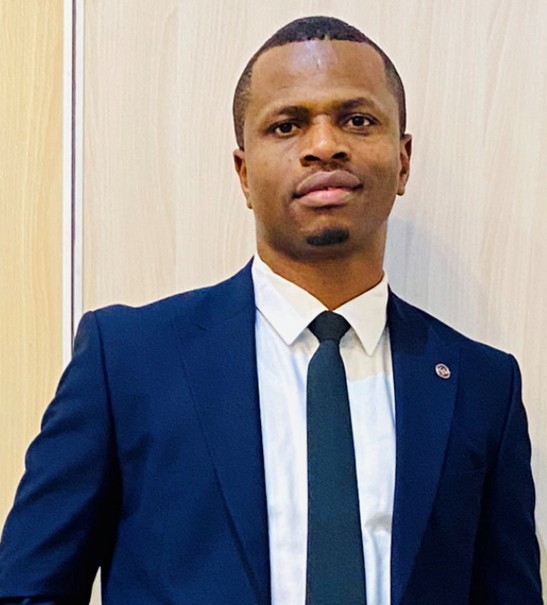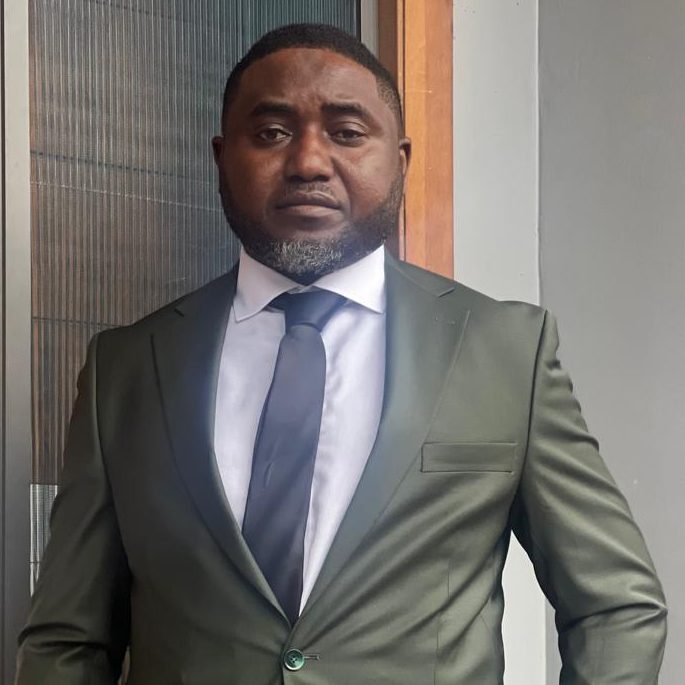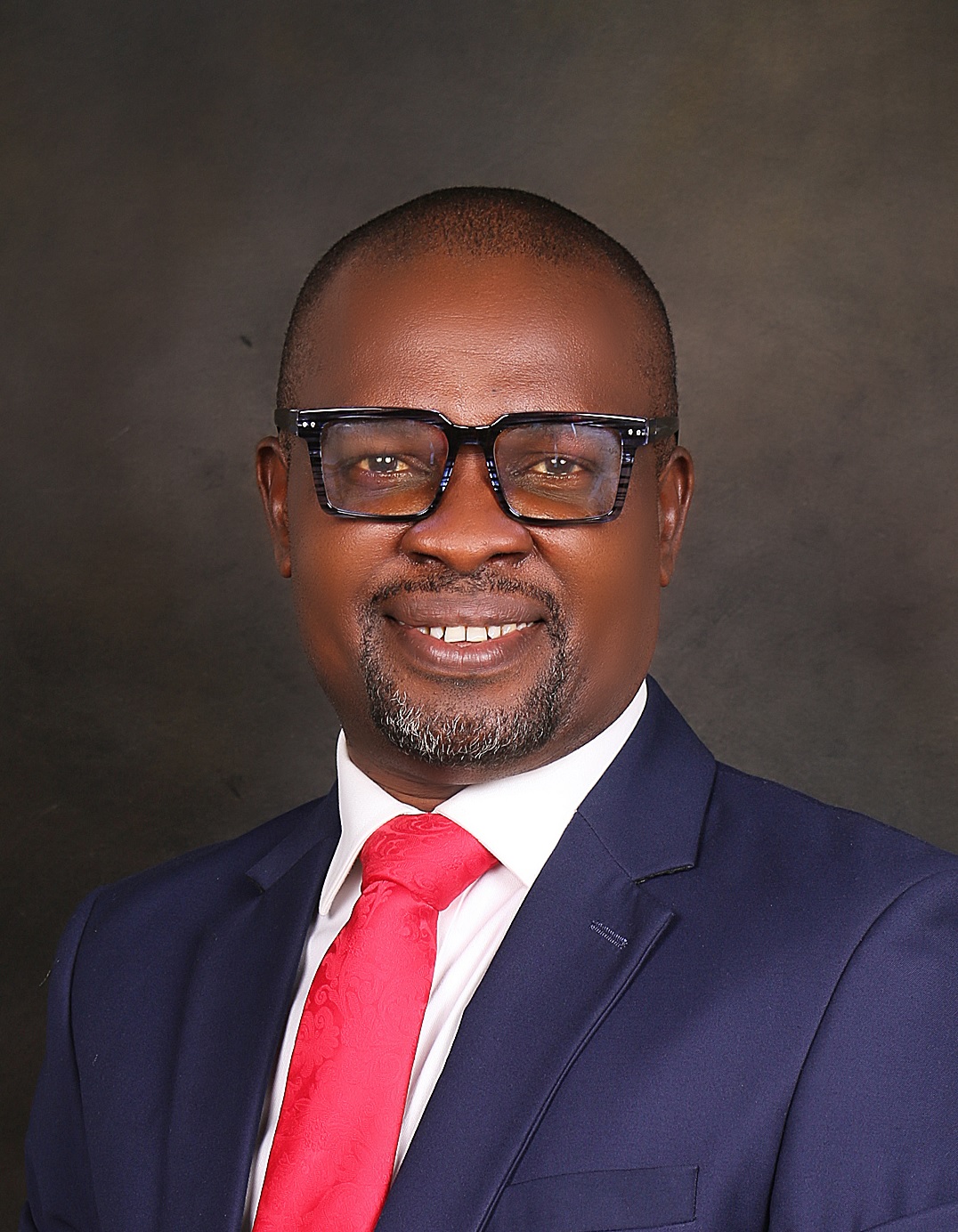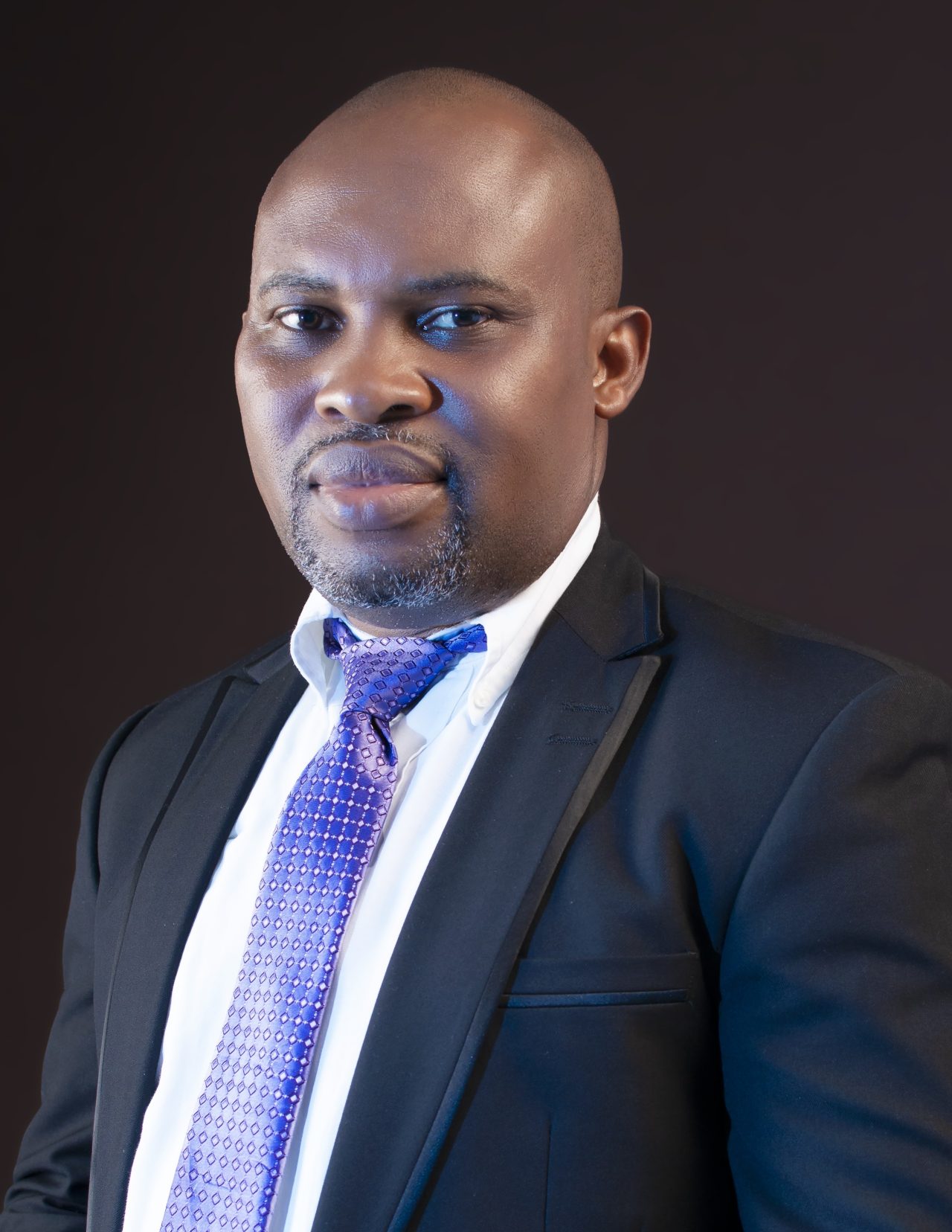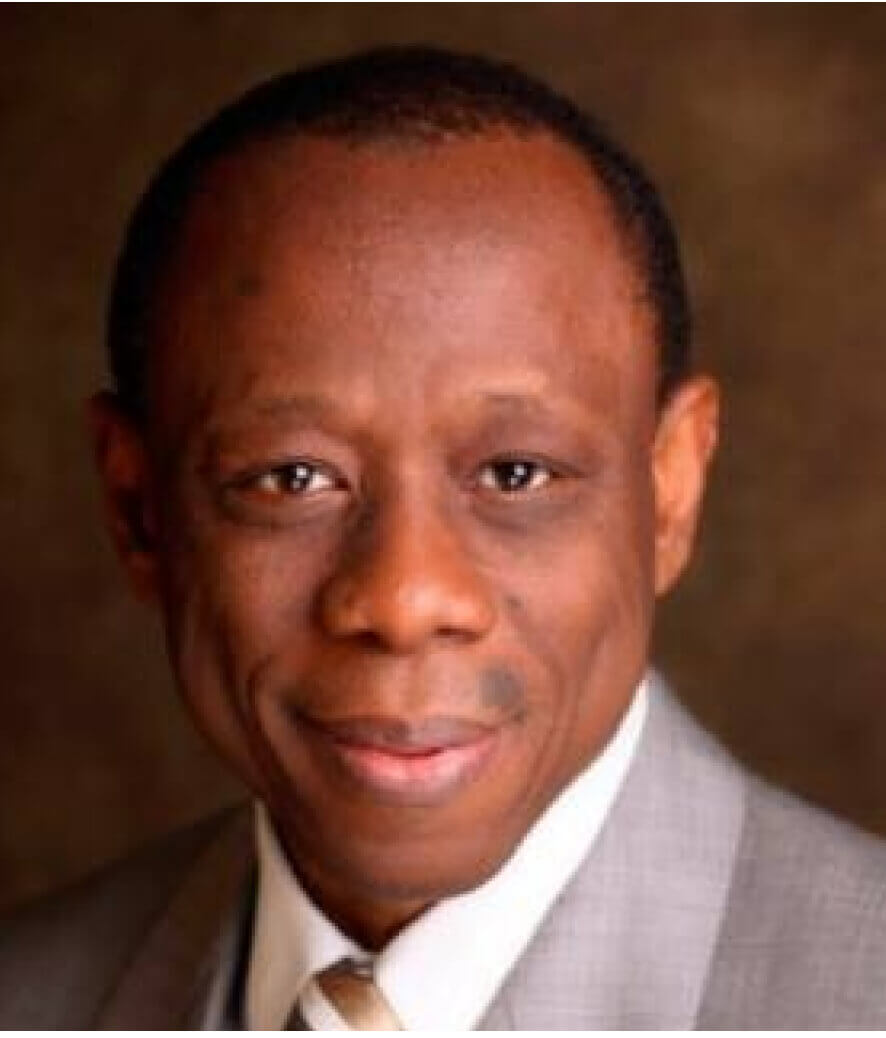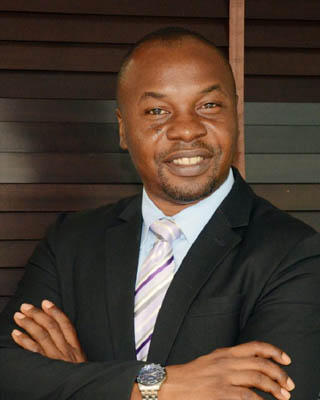Your professional conduct shouldn’t be limited to meetings and workspaces; it extends to how you behave in shared areas like the office canteen. The dining table is just as much a part of the workplace as your desk. Practicing good etiquette—such as cleaning up after yourself, respecting others’ space, using indoor voices, and waiting your turn—reflects your overall respect for colleagues and the work environment.
The office canteen is more than just a place to eat — it’s a shared social environment that plays a vital role in shaping workplace culture, promoting employee wellness, and enhancing overall productivity. It is often one of the few informal spaces where employees across departments gather, engage in casual conversations, exchange ideas, or simply take a break from their work routine. In many ways, the canteen serves as a communal hub that contributes to team bonding and interpersonal relationships.
However, because it is a shared facility, it must be treated with the same level of respect and care as other professional spaces such as meeting rooms, workstations, or lounges. Just as we follow meeting protocols and desk policies, there should also be clearly understood behaviour standards in the canteen. These include basic hygiene practices, courteous communication, and responsible use of shared equipment and space. Practicing proper canteen etiquette helps create an environment that is clean, orderly, and inclusive one where everyone feels comfortable and valued.
Ultimately, when employees demonstrate respect for communal areas, it reflects a deeper respect for one another, reinforcing a sense of community, cooperation, and professionalism within the workplace.
Guidelines for a Clean and Respectful Shared Space
·Clean Up After Yourself: Keeping the office canteen clean is a shared responsibility that begins with individual action. After finishing your meal, it’s essential to leave the space as tidy as you found it.
– Wipe up any spills immediately
– Dispose of food waste and packaging in the proper bins
·Mind Your Manners: The office canteen is a shared, communal space where employees go to relax and recharge. While it provides a break from the formal work environment, it is still part of the professional setting, and appropriate behaviour should be maintained. Demonstrating good manners in the canteen fosters a respectful and inclusive atmosphere where everyone can enjoy their break without discomfort.
– Keep conversations at a moderate volume.
– Avoid offensive or overly loud discussions.
– Respect others’ space and personal food choices.
. Use Appliances Responsibly: The office canteen often includes shared appliances such as microwaves, refrigerators, water dispensers, and tissue paper. These conveniences are provided for everyone’s benefit, and using them responsibly helps keep the space functional, clean, and pleasant for all.
– Don’t leave your food unattended for too long.
– Properly package your food in the fridge and avoid taking items that are not yours. Also, don’t leave your food long in the fridge.
·Practice Good Hygiene: Maintaining high standards of personal hygiene in the office canteen is essential for protecting everyone’s health and well-being. Shared eating environments can easily become breeding grounds for germs and bacteria if proper hygiene practices are not observed. Practicing good hygiene demonstrates both personal responsibility and respect for your colleagues.
-Properly washing of your hands
– Avoid coughing or sneezing around food areas.
– Use serving utensils, not your hands, when picking shared items.
The Link Between Office Canteen Etiquette and Productivity
At first glance, office canteen etiquette may seem unrelated to productivity. However, a respectful, orderly, and hygienic canteen environment directly influences employee wellbeing, morale, and performance — all of which are critical drivers of workplace productivity.
1. Reduces Stress and Enhances Mental Recovery
A clean and calm canteen provides a stress-free space for employees to decompress, recharge, and mentally reset during the day. When the environment is chaotic, messy, or inconsiderate, it disrupts this crucial downtime, leaving employees more fatigued and less focused when they return to work. Good etiquette, like maintaining cleanliness and moderate noise levels, supports effective break times that restore mental energy.
2. Minimises Conflict and Promotes Harmony
Conflicts over shared spaces — unwashed dishes, loud conversations, or missing food — can create tension and distract from work. Clear canteen etiquette reduces friction and encourages mutual respect, fostering a more peaceful and collaborative workplace. A harmonious work culture boosts focus, engagement, and team performance.
3. Improves Time Efficiency
Efficient use of shared canteen resources (e.g., microwaves, seating, appliances) ensures that employees don’t waste valuable time waiting in line or cleaning up after others. When everyone is considerate with time and space, employees can enjoy their meals and return to their tasks promptly and productively.
4. Protects Health, Reducing Absenteeism
Hygiene-related etiquette, such as washing hands, not sneezing near food, and proper waste disposal, helps prevent the spread of illness in the workplace. A healthier workforce leads to fewer sick days, higher attendance rates, and uninterrupted project flow.
5. Encourages Informal Collaboration
The canteen often doubles as an informal networking and collaboration zone. When the environment is respectful and inclusive, it encourages cross-departmental conversations that can spark new ideas, solutions, and partnerships, all of which contribute to innovation and efficiency.
By practising good etiquette—such as cleaning up after ourselves, respecting others’ space, using shared appliances properly, and being mindful of hygiene—we help maintain an environment that is clean, safe, and welcoming to all. These small actions collectively create a culture of consideration and mutual respect.
When the canteen is treated as a valued part of the office ecosystem rather than just a utility space, it encourages better communication, reduces workplace tensions, and enhances overall employee satisfaction. A well-managed canteen promotes teamwork, supports wellbeing, and reinforces the organisation’s commitment to professionalism, responsibility, and inclusivity.
“Remember, the way you carry yourself during lunch or break time leaves a lasting impression. Let courtesy and consideration guide your actions, not just when you’re working, but also when you’re sharing a meal”
By – Adeoluwa Oyemosu – Project Analyst

